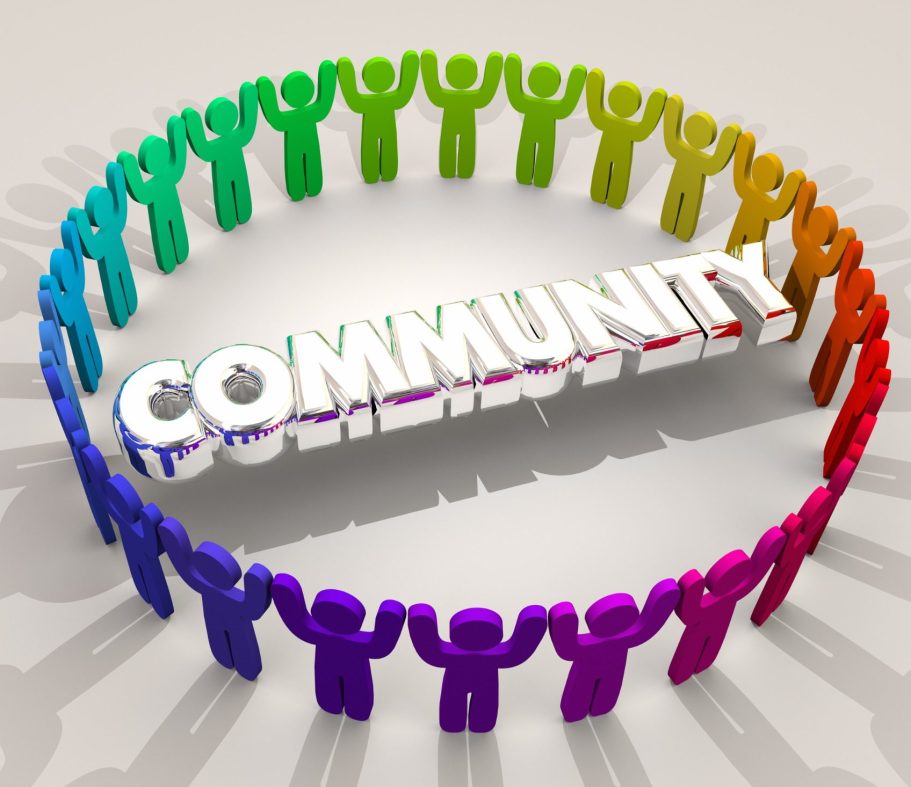
Thirteen Key Community Sectors
The coalition adopts a collaborative approach to its operations, engaging thirteen key community sectors to ensure diverse and comprehensive perspectives are integrated into all initiatives. This multi-sector involvement is crucial for forming strategic partnerships, enhancing resource sharing, and promoting unified efforts to enhance students' success across Arizona. The operational framework includes regular evaluations and adaptations of programs based on the feedback from stakeholders within these sectors. Each sector contributes uniquely to the coalition’s mission, listed in no particular order:
Youth: Students from local schools and universities, direct beneficiaries of AI educational programs, that offer insights into how these programs impact students’ learning experiences.
Parents or Guardians: Guardians of students that advocate for AI resources in schools to prepare their children for an AI-integrated future.
Indigenous Nation: Representatives from Indigenous nations that provide perspectives reflective of their community needs.
Business Community: Local technology firms and businesses providing expertise, funding, and real-world AI applications to enhance the coalition’s educational impact.
Media: Local media outlets and digital content creators raising awareness about the importance of AI education and broadcasting the coalition’s progress and successes.
Schools: K-12 schools and higher education institutions offering insights and perspectives on the impact and implementation of AI in schools.
Youth-Serving Organizations: Groups such as after-school clubs and nonprofits offering supplementary AI programming and activities outside the traditional classroom setting.
Law Enforcement Agencies: Professionals ensuring safe digital environments in schools and educating about cybersecurity related to AI technologies.
Religious or Fraternal Organizations: Community groups mobilizing support for AI education initiatives and promoting ethical considerations in AI deployment.
Civic and Volunteer Groups: Local service clubs and volunteer organizations assisting in organizing community outreach programs and educational workshops on AI.
Healthcare Professionals: Health practitioners and mental health professionals providing insights into the psychological and physical impacts of AI on students and developing guidelines for healthy technology usage.
State, Local, or Tribal Government Agencies: Government entities offering policy support, funding, and regulatory guidelines to facilitate AI education integration within public and tribal school systems.
Organizations Involved in AI Programming and Implementation: Groups and institutions focused on developing, implementing, and evaluating AI technologies and educational programs, providing specialized knowledge and resources to the coalition.
This structured approach ensures that the coalition is not only proactive in promoting AI literacy but also responsive to the diverse needs of the community it serves. By aligning its operations with both educational and community goals, the coalition aims to foster a sustainable environment where AI can be a tool for educational and societal enhancement.
©Copyright. All rights reserved.
We need your consent to load the translations
We use a third-party service to translate the website content that may collect data about your activity. Please review the details in the privacy policy and accept the service to view the translations.